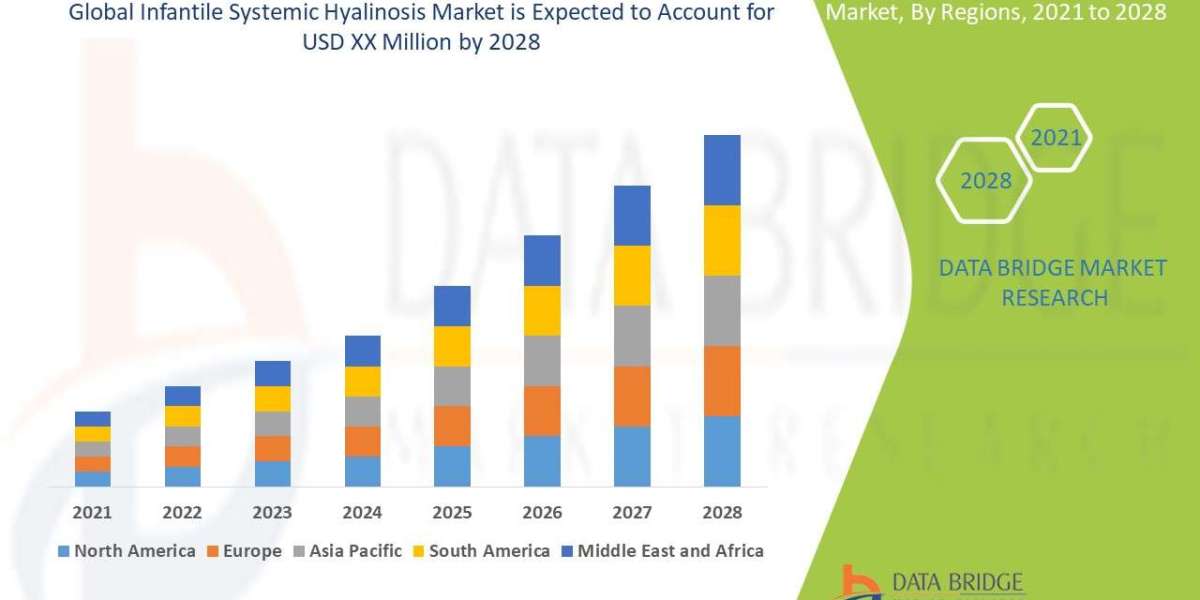How Technology Can Streamline Your HR Processes
In today’s fast-paced business environment, technology plays a pivotal role in optimizing various aspects of operations, including human resources. For small businesses, leveraging technology to streamline HR processes can significantly reduce administrative burdens, enhance efficiency, and improve employee satisfaction. At Intraparis, a resource hub for HR and small business owners, we understand the challenges faced by small businesses and offer insights into how technology can help simplify and enhance HR functions.
1. Automating Administrative Tasks
One of the most significant benefits of technology in HR is the automation of repetitive administrative tasks. Tools like HR management systems (HRMS) or human capital management (HCM) software can automate tasks such as payroll processing, attendance tracking, and benefits administration. Automation reduces the time spent on these tasks, minimizes human error, and ensures that processes are completed more efficiently. This allows HR teams to focus on more strategic initiatives that drive business growth.
2. Streamlining Recruitment and Onboarding
Recruitment and onboarding are critical HR functions that can be greatly enhanced through technology. Applicant tracking systems (ATS) allow businesses to manage the recruitment process more effectively by automating job postings, screening resumes, and scheduling interviews. Once a candidate is hired, onboarding software can streamline the process of integrating new employees into the company. These tools help ensure that new hires have a smooth transition, which can improve employee retention and satisfaction.
3. Enhancing Employee Self-Service
Technology empowers employees by providing them with self-service options for managing their HR-related tasks. Employee self-service portals enable staff to access their payroll information, request time off, update personal details, and review benefits at their convenience. This reduces the workload on HR departments and gives employees greater control over their work-related information, leading to increased satisfaction and engagement.
4. Improving Communication and Collaboration
Effective communication is essential for a productive workplace. HR technology can facilitate better communication and collaboration within a small business. Tools like intranets, collaboration platforms (e.g., Slack, Microsoft Teams), and employee engagement apps allow for seamless communication between team members, regardless of their location. These tools can also be used to disseminate important company updates, conduct surveys, and gather feedback, fostering a more connected and engaged workforce.
5. Simplifying Performance Management
Performance management is a crucial aspect of HR that can be complex and time-consuming. Technology can simplify this process by providing tools for setting goals, tracking progress, and conducting performance reviews. Performance management software allows managers to monitor employee performance in real-time, provide timely feedback, and identify areas for development. This leads to more objective evaluations and supports the continuous growth of employees.
6. Ensuring Compliance and Data Security
Compliance with labor laws and regulations is a critical responsibility for HR departments. Technology can help ensure that your business stays compliant by automating the tracking of legal requirements, managing employee records, and generating reports. Additionally, HR technology solutions often come with robust data security features, protecting sensitive employee information from unauthorized access and ensuring that your business adheres to data protection regulations.
7. Facilitating Remote Work and Flexibility
The rise of remote work has highlighted the need for technology that supports flexible work arrangements. HR technology can facilitate remote work by providing tools for virtual onboarding, time tracking, and performance management. Cloud-based HR systems allow employees to access HR services from anywhere, making it easier for businesses to manage a distributed workforce. This flexibility can lead to higher employee satisfaction and better work-life balance.
8. Data-Driven Decision Making
HR technology provides access to valuable data that can inform strategic decision-making. Analytics tools can help HR teams track key metrics such as employee turnover, engagement levels, and recruitment costs. By analyzing this data, businesses can identify trends, make informed decisions, and implement strategies that improve overall HR performance. Data-driven insights can lead to more effective talent management and contribute to the long-term success of the business.
9. Cost-Effective HR Solutions
For small businesses, budget constraints are often a concern when adopting new technologies. However, many HR technology solutions are designed with small businesses in mind, offering scalable and cost-effective options. Cloud-based HR platforms, for example, provide access to powerful tools without the need for significant upfront investment in infrastructure. By choosing the right technology, small businesses can achieve significant cost savings while enhancing their HR capabilities.
10. Continuous Improvement and Innovation
Finally, HR technology enables continuous improvement and innovation within the HR function. As technology evolves, new tools and features become available, allowing businesses to stay ahead of the curve and adapt to changing workforce needs. By embracing technology, small businesses can foster a culture of continuous learning and development, which is essential for maintaining a competitive edge in today’s market.
In conclusion, technology offers numerous benefits for streamlining HR processes in small businesses. From automating administrative tasks to enhancing employee engagement and ensuring compliance, the right HR technology can transform how you manage your workforce.







